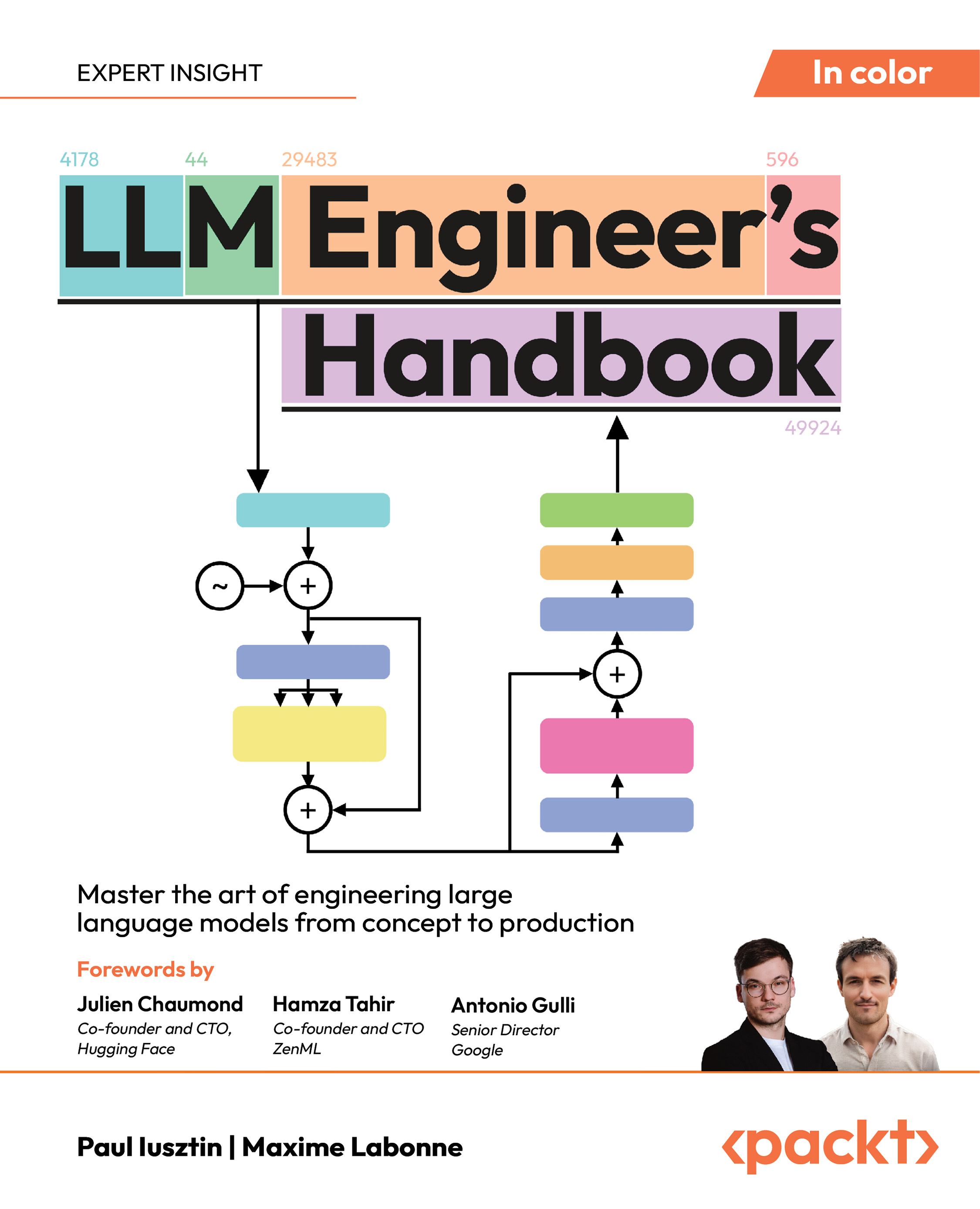Creating our own instruction dataset
In this section, we will create our own instruction dataset based on the crawled data from Chapter 3. To create a high-quality instruction dataset, we need to address two main issues: the unstructured nature of our data and the limited number of articles we can crawl.
This unstructured nature comes from the fact that we are dealing with raw text (articles), instead of pairs of instructions and answers. To address this issue, we will use an LLM to perform this transformation. Specifically, we will employ a combination of backtranslation and rephrasing. Backtranslation refers to the process of providing the expected answer as output and generating its corresponding instruction. However, using a chunk of text like a paragraph as an answer might not always be appropriate. This is why we want to rephrase the raw text to ensure we’re outputting properly formatted, high-quality answers. Additionally, we can ask the model to follow the author...
































































